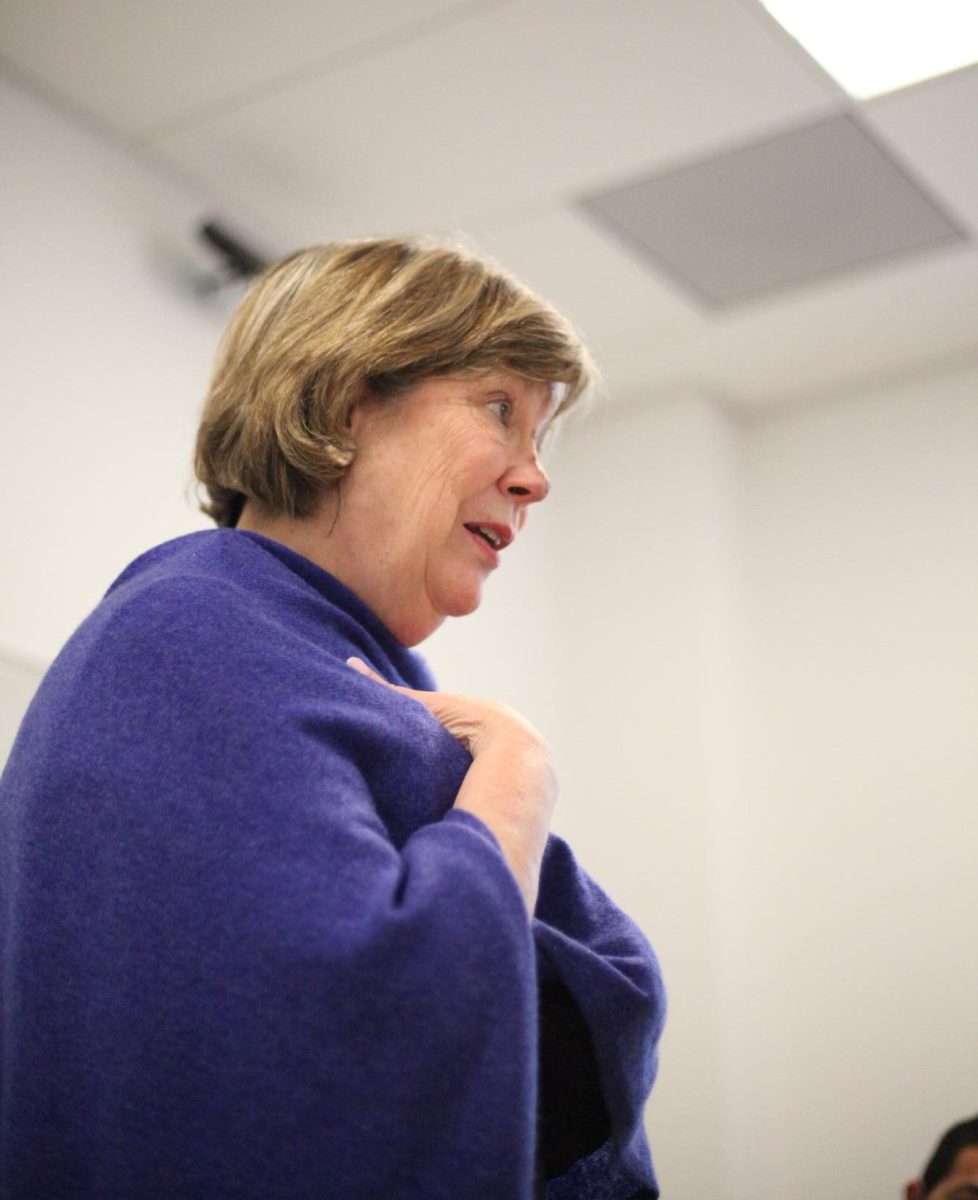Inmates in a New York maximum-security prison beat Harvard students in a debate, drawing attention to the scholarly talent some inmates possess.
“Three inmates Carl Snyder, Dyjan Tarto and Carlos Polanco created a debate team at the Bard Prison Initiative where they were offered free college education while behind bars. Tatro said, “We hope we can tell a story that changes the narrative of who people in prison are.”
This sheds light on the unknown fact that many incarcerated men and women can acquire an education behind bars. Transitioning from prison to being a normal citizen can be a challenging task; however, this college program helps instill work ethic and current education curriculum in order to smooth out the transition back to society.
“Three members of the HCDU had the privilege of competing against members of the Bard Prison Initiative’s debate program,” the group posted on its Facebook page.
Bard College enrolled 300 students inside the New York prison system, ultimately changing lives. Dyjuan Tarto’s life was one of the chosen inmates, earning his Bachelor’s degree in mathematics. He became an officer for the Bard Prison Initiative and worked with government-affairs. He explained, “We’re in the business of defying expectations of who college is for and where it might lead.”
Some argued if a college degree earned while incarcerated should be equivalent to a college degree earned at an institution. Critics also argued whether tax dollars should be used to pay for prison inmates’ free education, while hard-working members of society are paying high amounts of tuition for the same degree.
Many college students have to take out multiple loans to pay their tuition, leaving them in lifelong debt. Students often struggle to afford tuition and most do not qualify for government assistance.
Scott Reif, a spokesman for the Republican Leadership in the New York Senate said, “Resources should be dedicated to struggling middle-class families who are finding it hard to afford college for their own kids.”
Supporters of the Bard College program, including former inmates, argue that the education program is a way to reduce return rates. According to state data, the average annual cost for each person in the New York prison is $69,000, and about 40% return within three years of release. The Bard Prison Institution said its college program costs approximately $9,000 for each inmate, annually.
Critics continued to argue that money funding the Bard College should go to funding public schools. They said by providing more funding for the public schooling systems, children will be less likely to end up in prison.
In 2016, the U.S. Department of Education distributed funds to a limited number of colleges, including Bard College, through the “Second Chance Pell” pilot. This tests whether participation in high-quality education programs increases after expanding access to financial aid for incarcerated individuals.
Overall, it seems that educating prison inmates decreases the return rate once released back into society. Tax dollars should be going into the prison system and public schools in order to make communities a safe place for all.
Investing into the prison systems and the education provided will help not only the inmates, but society as well. By educating prisoners, we are preparing them to come back into as prepared as possible.



































